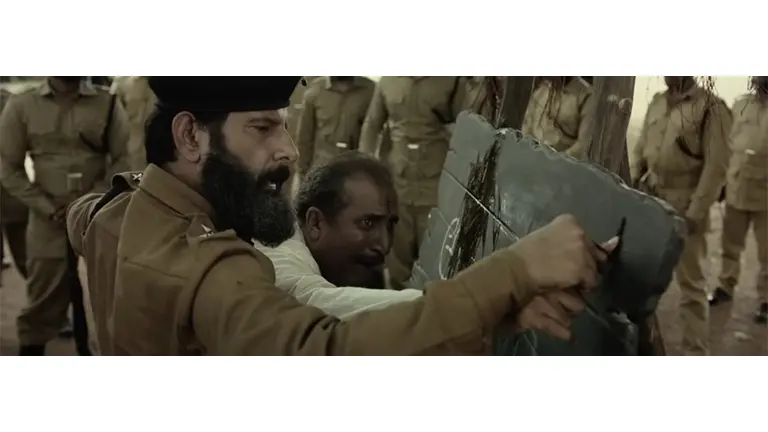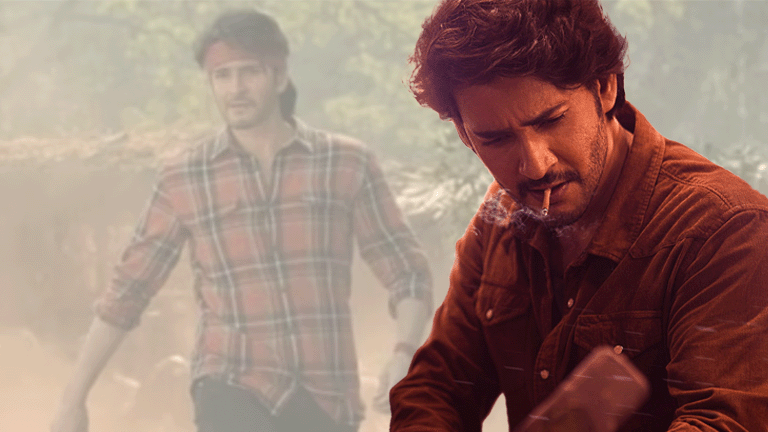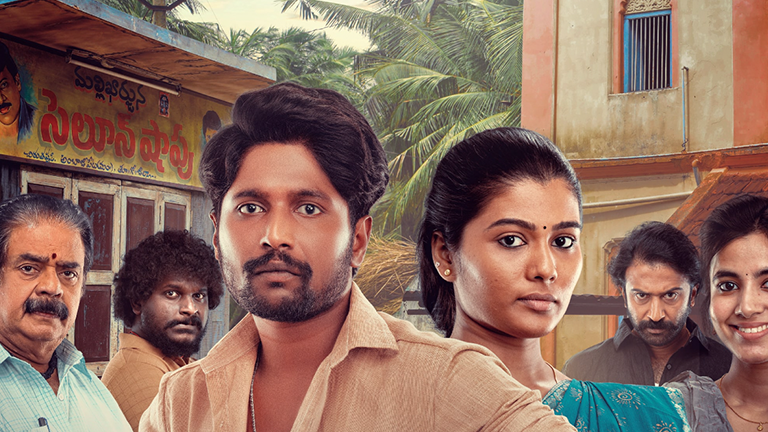Razakar: A Look Back at Hyderabad’s Liberation Struggle (1998 words)
Razakar – The Silent Genocide of Hyderabad, released March 15, 2024, has sparked curiosity by delving into a crucial chapter of Indian history. The film explores the Hyderabad Liberation Movement, a fight for religious and cultural identity in the early days of independence.
Following India’s partition, most princely states chose to join either India or Pakistan. Hyderabad, however, under the rule of the Nizam, desired independence. The film portrays Nizam’s ambition, fueled by religious ideology, to establish Hyderabad as a powerful Islamic state alongside Pakistan. This vision led to violence and oppression against the majority Hindu population.
The narrative revolves around the resistance against this oppressive regime. Sardar Patel, India’s Home Minister, recognizes the gravity of the situation and sends KM Munshi to assess it. Political limitations, however, hinder Munshi’s efforts. The film showcases the bravery of ordinary people like Raj Reddy, Shantavva, Pochavva, and Chakali Ailamma who defied the brutality of the Nizam’s private army, the Razakars.
Razakar boasts a powerful cast. Raj Arjun delivers a chilling performance as the ruthless Khasim Rizwi, while Tej Sapru embodies the unwavering authority of Sardar Patel. Thalaivasal Vijay adds depth with his portrayal of KM Munshi. The second half shines with Bobby Simha’s captivating presence, complemented by stellar performances from Anasuya, Indraja, and Vedhika. Their raw emotions and powerful dialogues showcase exceptional acting.
The film, directed by Yata Satyanarayana, explores the atrocities committed by the Nizam and Rizwi, culminating in Operation Polo, a military action by India that secured Hyderabad’s liberation. With a compelling voice-over by Sai Kumar, the first half portrays the Nizam’s brutal attempts at religious conversion. It showcases the relentless oppression and the courageous resistance of the people. The second half delves deeper into the uprising before the military intervention.
Razakar stands out for its exploration of a historical event often overlooked in mainstream cinema. The intense script and effective direction convey the gravity of the subject matter, leaving a lasting impact. While the depiction of violence might be unsettling, it offers a glimpse into the harsh realities of the past.
Bheems Ceciroleo’s music complements the narrative with powerful and inspiring songs that enhance the film’s emotional depth. The background score further elevates the emotional impact, while Tammiraju’s editing keeps the story engaging. Cinematographer Kushender Ramesh Reddy’s realistic portrayal of scenes adds to the film’s authenticity. The production values are commendable, bringing the historical events to life.
Razakar – The Silent Genocide of Hyderabad promises to be a compelling cinematic experience, offering a glimpse into a crucial chapter of Indian history and the fight for freedom and identity.



